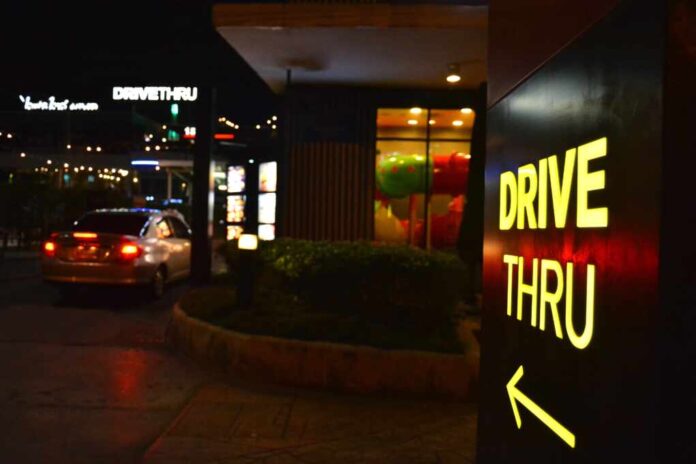
As artificial intelligence takes an increasingly active role in various aspects of modern life, the limitations of this emerging technology are often put into focus.
One notable example involves the use of AI in fast-food restaurant service. Presto Automation is a leader in this application and has been teaming up with a number of chains including Checkers, Carl’s Jr., and Del Taco to automate the drive-thru experience in recent months.
The AI will take your order now.@caelynpender headed to one of the 300 fast-food joints across the US whose drive-thru is staffed by an AI chatbot. More: https://t.co/nXJeACEQ3X pic.twitter.com/8faWRbOlUz
— Bloomberg Originals (@bbgoriginals) July 10, 2023
While the chatbot-based function has been sold as a way to cut labor costs, and increase revenue through upselling and expedite service, the implementation has not been as smooth as many expected.
In August, the company’s website claimed: “Thanks to our superior AI engine, Presto Voice consistently takes over 95 percent of the orders without any human intervention.”
That success rate has been widely disputed since then, however, and the company’s own reports indicate that “off-site agents” are required to step in about 70% of the time in order to ensure that customers receive what they ordered.
Since most of those individuals are working remotely from the Philippines, Presto Automation made a stealth edit to its website as of November.
“Thanks to our superior AI engine augmented by advanced human supervision, Presto Voice consistently takes up to 95 percent of drive-thru orders without any restaurant staff intervention,” asserts the new statement, which was reportedly adjusted after the U.S. Securities and Exchange Commission launched an investigation into its previous claims.
Xavier Casanova, the company’s CEO, recently indicated that more than 400 restaurants across the country were using its technology. Concerns about accuracy have plagued the company’s bottom line, however, with stock prices dropping by more than 60% since the beginning of the year.
Despite the obvious shortcomings of AI, at least at this point in its development, the service industry continues to invest heavily in the implementation of AI-power robots and other components. For example, more than 1,200 Starbucks locations currently use AI espresso makers that cost about $18,000 each.
In some cases, of course, the stakes are much higher than a botched food order. As AI takes root in courtrooms, the healthcare industry, and elsewhere, the potential ramifications of biases or errors could be far-reaching and severe.

































